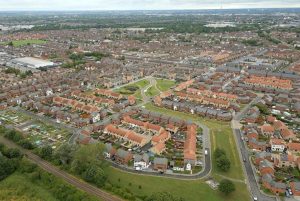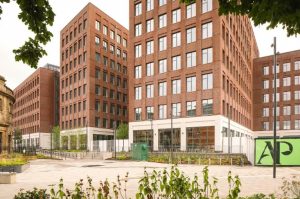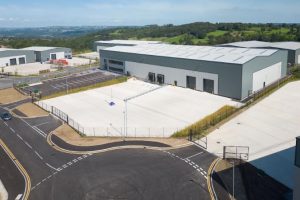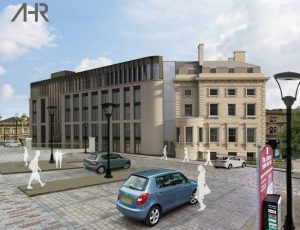Construction company breaks through £2bn turnover mark

CONSTRUCTION group Kier has broken through the £2bn barrier for its first-half performance, but the impact of a major acquisition has dented profits.
Kier, which employs more than 800 people in Yorkshire, grew revenues in the six months to December by 32%, to £2.1bn. However pre-tax profits dropped by one-third, to £18m, because of £15.5m costs relating to the integration of the Mouchel business.
Haydn Mursell, chief executive of Kier, said the results showed the “continued strength and breadth of the group’s capabilities and our presence in growing market sectors”.
The group is delivering landmark projects across the region, including Addleshaw Goddard’s Leeds offices at Sovereign Square, the Yorkshire batch of the Priority Schools Building Programme, a retail scheme in Snowhill, Wakefield and medical projects at Sheffield Royal Hallamshire Hospital and Northern General Hospital.
Last year it opened its 8,500 sq ft regional headquarters at Thorpe Park in Leeds.
Mr Mursell added: “The group remains on course to deliver expectations for the full-year. In the UK, our core markets are improving which provides a platform for growth, particularly for our property, residential and regional building businesses, and over the medium-term for our infrastructure businesses.
“Mouchel has been substantially integrated and is performing well. Our presence in infrastructure services, regional building and housing aligns to growth markets with high visibility of forward pipelines and now accounts for 75% of the group’s turnover.”
Kier also announced a 12% increase in its interim dividend, to 21.5p, although underlying earnings per share were down 12%, to 37.1p, following the issue of new shares for the acquisition of Mouchel.
Some 75% of the group’s turnover was from infrastructure services, regional building and housing; aligned to growth markets with high visibility of forward pipelines. Its construction and services order book amounts to £9bn with potential extensions of a further £3.1bn and property division pipeline was more than £1bn.








